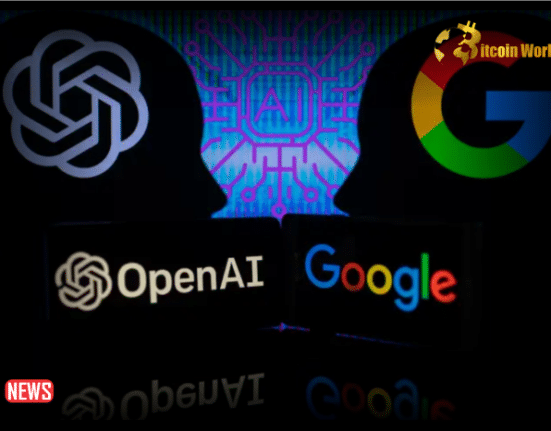According to The Washington Post on July 13, OpenAI, the creator of the AI chatbot ChatGPT and other comparable products, has received a criminal investigative demand (CID) from the United States Federal Trade Commission (FTC). A CID is similar to a subpoena in that the recipient must comply with the information requests.
The FTC is looking into OpenAI’s potential use of “unfair or deceptive privacy or data security practices” and “unfair or deceptive practices relating to risks of harm to consumers, including reputational harm.”
According to the CID, the agency also considers imposing a monetary penalty if the accused practices are against the public interest.
The 20-page paper has 49 comprehensive questions and demands documents in 17 areas for the study.
OpenAI has been given a 14-day deadline to contact an FTC lawyer to discuss how it plans to satisfy the agency’s concerns. The FTC’s concerns in the CID include inquiries about the specific large language models utilized in OpenAI’s products, their applicability, training processes, and measures to ensure correctness.
The paper also discusses advertising rules, risk assessments, gathering and protecting personal information, determining “public figure” status, and dealing with comments and complaints.
On November 30, the introduction of Microsoft-backed ChatGPT produced considerable waves in the IT industry. Its strong powers sparked fears about potential consequences, and competitors rushed to catch up with the technology. Unsurprisingly, this sparked a flurry of inquiries in a number of countries. A letter signed by 2,600 IT leaders, including Elon Musk and Steve Wozniak, demanded a halt to AI development.
OpenAI CEO Sam Altman recently testified before the United States Senate on AI safety.
OpenAI has also encountered legal hurdles. A class action lawsuit was filed in the Northern California District Court in June, alleging the corporation of improper internet scraping of personal data.
Furthermore, OpenAI was sued for copyright infringement by popular authors Mona Awad and Paul Tremblay. In contrast, comedian Sarah Silverman, along with two other authors, sued OpenAI and Meta the next month, alleging the usage of unauthorized “shadow libraries” in training their AI. It remains to be seen how OpenAI will handle these investigations and legal procedures, which will have far-reaching consequences for the firm and the broader AI sector.














